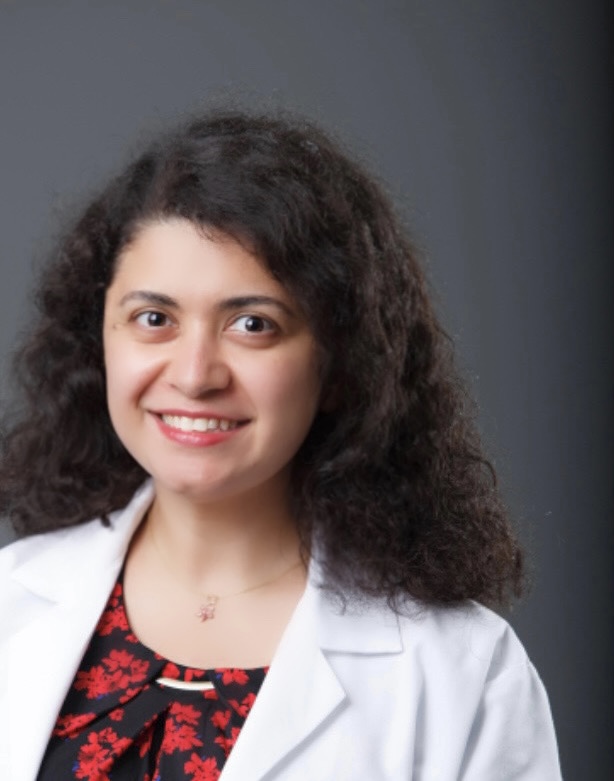Transfusion Service
(P-TS-50) Extracorporeal Membrane Oxygenation And Human Leukocyte Antibody Formation

Ayda Javanbakht, MD
Emory University, Georgia, United States
Presenting Author(s)
Extracorporeal membrane oxygenation (ECMO) may be necessary for heart/ lung transplant recipient’s pre-transplantation. Exposure to blood products and inflammation associated with the ECMO device, may activate the immune system and result in alloantibodies to human leukocyte antigens (HLA). The impact of ECMO on HLA antibody production is less clear.
Study
Design/Methods: In this retrospective cross-sectional study from October 2022- March 2024, we analyzed the rate of new HLA antibody formation in ECMO patients who were heart/lung transplant candidate. The patient demographics, type of ECMO, duration of ECMO, number of blood products transfused while on ECMO, and lab results of HLA antibody (single antigen HLA Class I and II) were extracted from the electronic medical record.
Results/Findings:
Out of 189 patients on ECMO, 13 (10 male) with a mean age of 55 years were heart/lung transplant candidates and had HLA antibodies evaluated pre and post ECMO. The mean ECMO duration was 14 days; 8 patients were on venoarterial (VA). On average, the patients received 4 apheresis platelet (AP) units, 1 plasma unit, 1 pooled cryoprecipitate units, and 8 leukoreduced RBC (LRBC) units while on ECMO.
Pre-ECMO, 5 patients (3 male) had HLA class I antibodies (38%) and one of these (female) had both HLA class I and II antibodies. Three of these 5 patients (2 male) developed additional HLA class I antibodies post-ECMO (2 heart and 1 lung transplant candidates) and one patient with class I and II antibodies pre-ECMO developed additional class I and II antibodies post-ECMO (Table 1). Patients with additional HLA antibodies were on ECMO for an average of 31 days, compared to 9 days for patients with no new HLA antibodies (p< 0.05). Two of three were on VA ECMO. These 3 patients received more blood products (mean of 8 AP units and 15 LRBC units while on ECMO) than those who did not develop HLA antibodies (mean of 3 AP units and 7 LRBC units).
Conclusions:
In this study, 3/13 (23%) of heart/lung transplant candidates developed class I antibodies of new specificities and one of these developed additional class II antibodies. ECMO associated HLA sensitization rates do not appear to be as high as those historically described (up to 50%) in patients on venous assist devices (VAD), potentially due to differing levels of immune activation in patients on ECMO compare with those on VADs. Given the clinical significance of HLA alloantibodies in donor allocation and post-transplant sequelae, attention to transfusion burden and mechanisms of HLA antibody development during ECMO are warranted.
